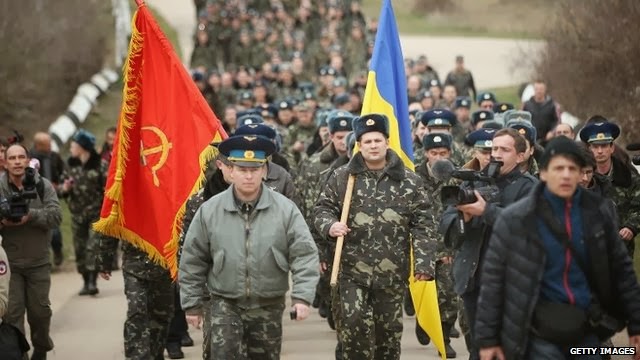The fate of Malaysia Airlines flight MH370,
which vanished from radar almost three days ago en route to Beijing from
Kuala Lumpur, is dominating headlines.
A commentary in the Beijing Times
notes that Premier Li Keqiang said he was "very worried" over the
missing plane and added that his government will continue to be a
"strong shield" for people who are overseas."When the citizens are out of the country, their dignity is closely linked to the dignity of the country. When the country is strong and prosperous, especially if it respects the citizens and protects them, citizens will feel confident and proud when they are abroad," it says.
Criticising Malaysia for not responding swiftly during the initial stages of the problem, the Global Times Chinese edition says the incident shows there were "obvious loopholes in security checks" in Malaysia.
The daily calls for better security for Chinese holidaymakers.
"The Chinese society is no longer in the era of poverty, life is no longer cheap. We demand safety of food, air, water as well as transportation. So we pay great attention to the safety situation in holiday destinations in other countries which are popular among the Chinese," it says.
On a gentler tone, a commentary in the People's Daily overseas edition, reprinted in the Southern Metropolis Daily, notes that there were different nationalities on board the plane and "humanity shares the same fate".
"On the internet, on Weibo or Wechat, millions of Chinese are praying for the plane. In every corner of the world, people of all races are all praying for the passengers onboard MH370," it says.
Meanwhile, papers are also raising questions about security at the Kuala Lumpur International Airport in Malaysia after it was discovered that two passengers boarded the plane with stolen passports.
"The fact that some of the passengers on board were travelling with false passports should serve as a reminder to the whole world that security can never be too tight, at airports in particular," says China Daily.
Echoing similar views, China Business News says that the fake passport holders should have been stopped at the immigration counter.
It adds that it is easier for passengers with stolen passports to pass through custom checks in South-east Asian airports.
Death penalty debate Moving on to other news, China's National People's Congress (NPC) is planning to revise the country's criminal law to reduce the number of death sentences given by courts, according to local media reports.
Zang Tiewei, member of the NPC's committee on legislative affairs, said the legislature is studying a proposal, submitted at the ongoing parliament sessions, to restrict the death penalty to extremely serious crimes.
The Southern Metropolis Daily adds that the proposal, submitted by 36 members of the NPC, includes a suggestion to abolish the death penalty for financial crimes.
Zhu Zhengfu, a member of the Chinese People's Political Consultative Conference, tells the papers that the fear of capital punishment has not been able to reduce the number of illegal fundraising activities.
"Death sentence alone is not enough to deter such crimes, most importantly there is a need for reform outside the sphere of punishment," he is quoted as saying.
Agreeing with the thought, experts interviewed by the Global Times say that such crimes pose "less social harm than violent crimes" but urge the authorities to improve market regulation.
However, Beijing News notes that there are differing views on the abolition as such fraudulent crimes "usually involved many people and might affect social stability".
And finally, Shen Peiping, vice-governor of south-western China's Yunnan province, is under investigation for "suspected serious violation of discipline and laws", local media reports say.












